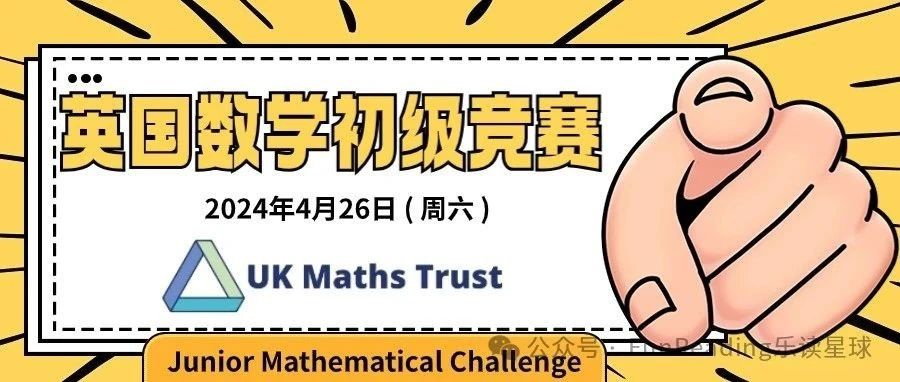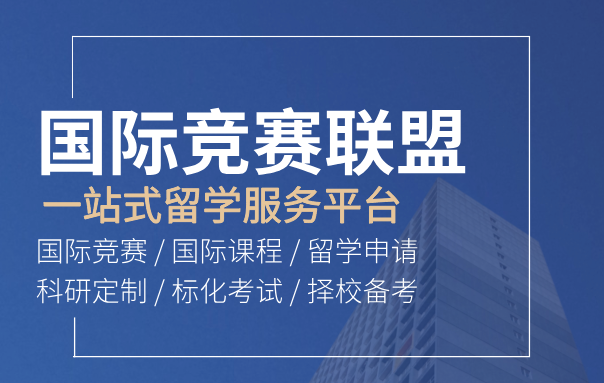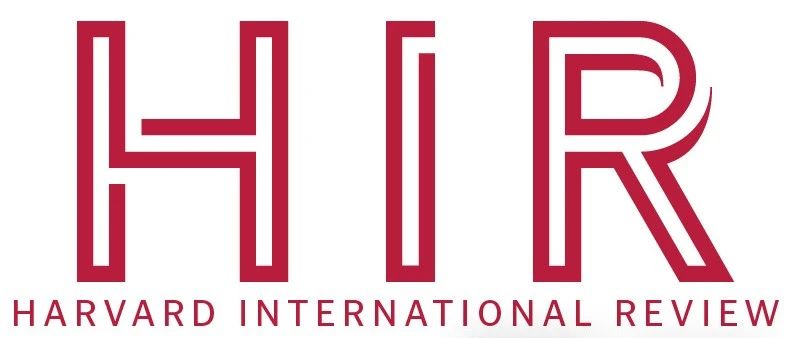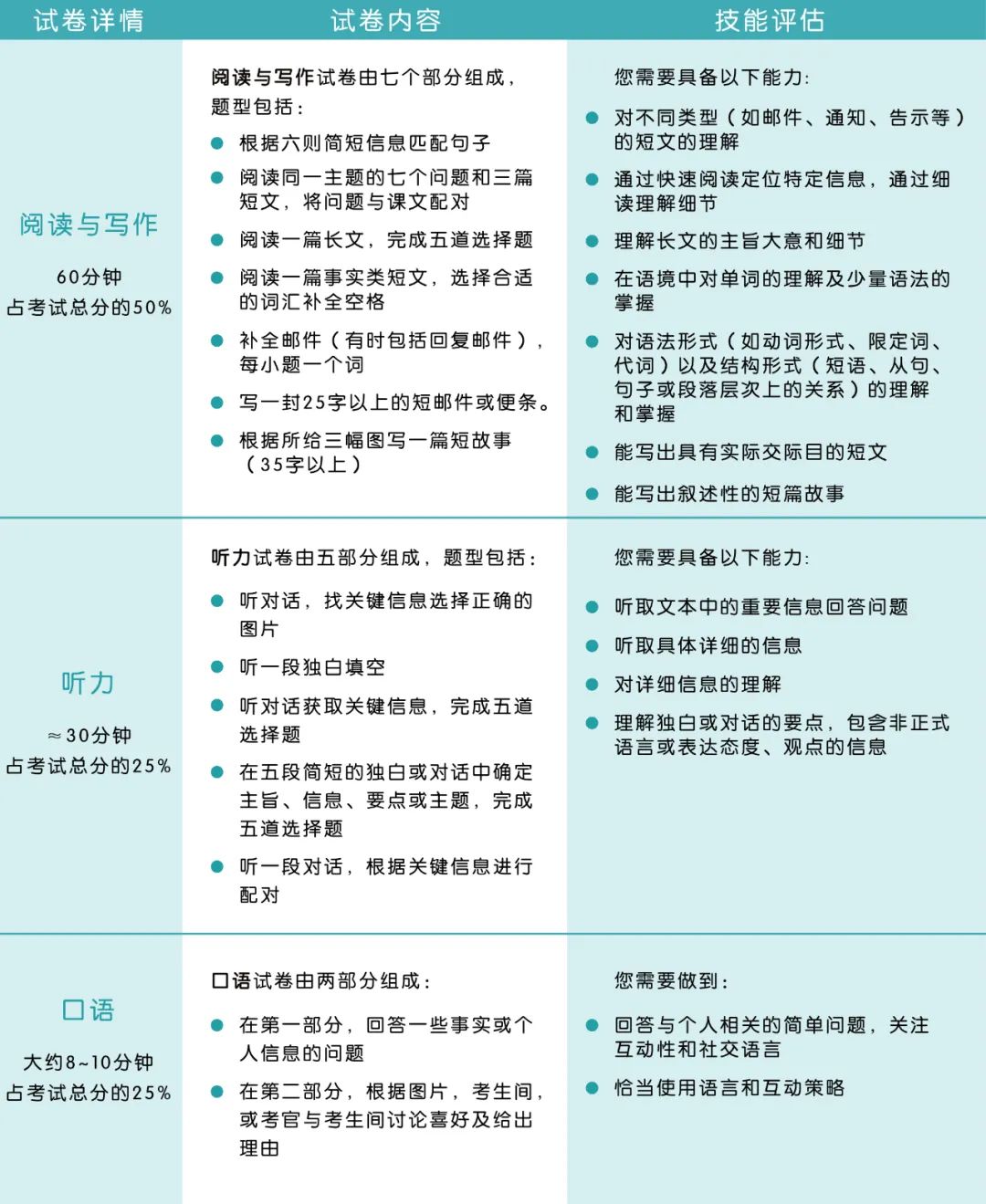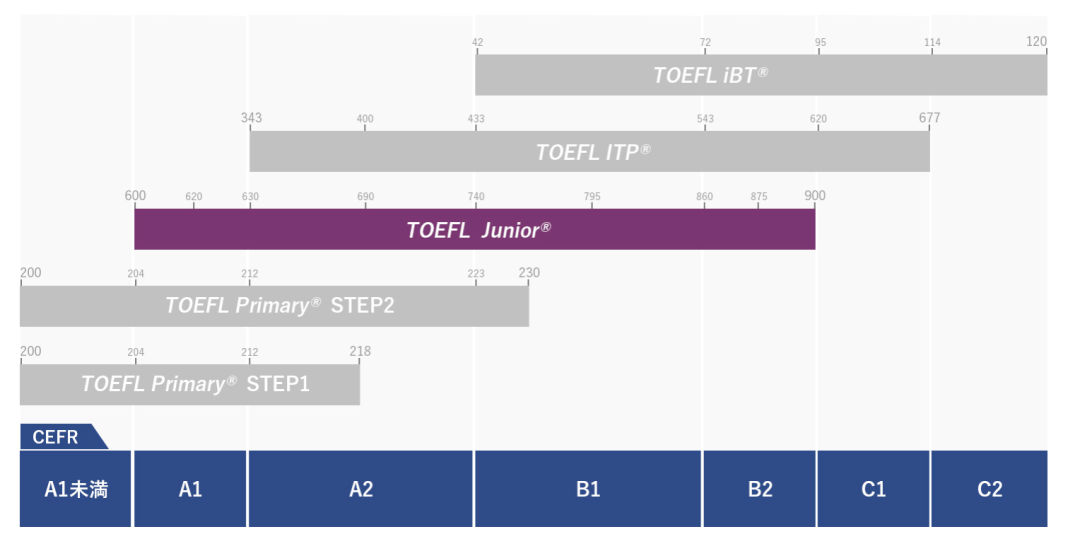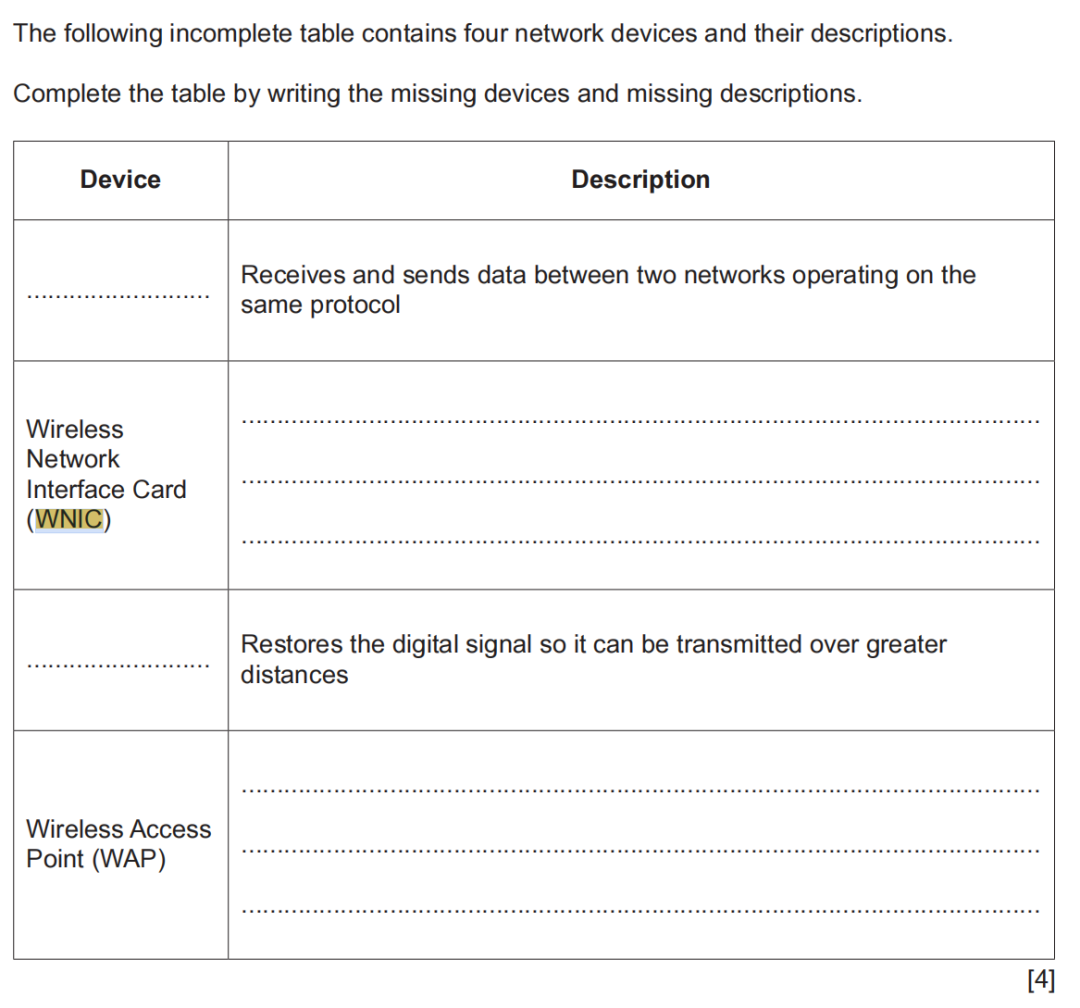John Locke Essay Competition(简称:John Locke)是由位于英国牛津的John Locke Institute(约翰洛克学院)与英国牛津大学和美国普林斯顿大学等名校教授合作组织的学术项目。约翰洛克学院鼓励培养优秀学生提升自己的写作能力,鼓励学生培养自身独立思考和清晰表达的能力。
约翰洛克写作竞赛可选科目方向包括经济、历史、政治、哲学、神学、法律、心理学7大文社科方向。
2024约翰洛克参赛者要求
高年级组:18周岁及以下,对经济、历史、政治、哲学、神学、法律、心理等感兴趣的学生(个人参赛,无国籍、学校限制,参赛者年龄在参赛作品提交截止日需在18周岁及以下);
低年级组:14周岁及以下
2024约翰洛克比赛时间安排
开放注册时间:2024年4月1日
注册截止日期:2024年5月31日(在此日期之前必须进行注册,以便后续提交。)
提交截止日期: 2024年 6月30日
延迟提交日期:2024年7月10日(延迟参赛将收取20美元的费用,于7月1日前支付。)
入围通知:2024年7月31日
学术会议: 2024年9月20-22日
颁奖晚宴:2024年9月21日
2024约翰洛克参赛注意事项
1. 参赛者年龄限制: Senior组提交之前未满19岁,Junior组提交之前未满15岁;
2. 作品字数要求: 正文内容不超过2000字(不包括图表、注释、参考文献和作者声明);
3. 提交文件命名格式:名字-姓氏-类别-问题编号.pdf,例如(Alexander-Popham-Psychology-2.pdf),如若错误也将不予接收;
1. 参赛者年龄限制:Senior组提交之前未满19岁,Junior组提交之前未满15岁;
2. 作品字数要求:正文内容不超过2000字(不包括图表、注释、参考文献和作者声明);
3. 提交文件命名格式:名字-姓氏-类别-问题编号.pdf,例如(Alexander-Popham-Psychology-2.pdf),如若错误也将不予接收;
4. 推荐人及邮箱地址:参赛者需要提供推荐人(学校老师或其他非亲属成年人)邮箱地址,官方将会给推荐人验证提交的文章是否为参赛者原创;
5. 延迟提交:须在6月30日当天信用卡支付20美元延迟费,并在7月10日11:59之前提交;
6.查重检测:官网表示,所有论文将会经过查重检测,此外评委可能会与参赛者讨论文章内容来检测文章原创性)
2024约翰洛克奖项设置
✦ 入围奖:优秀论文获得者进入入围名单,入围参赛者将被邀请到英国伦敦参加9月份的学术会议和颁奖晚宴,届时将公布获奖者。
✦ Commendation:入围而未获奖者,获得Commendation奖项。
✦ 学科论文奖:单科设置最佳论文奖,单科获胜者将获得价值2000美金的奖学金,用于参加约翰洛克学院课程费用。获奖论文将于官网公布发表,获奖者可以邀请亲友参加在牛津举行的颁奖典礼。
✦ 最佳论文奖:所有单科最佳论文奖的获得者(一名)将获得约翰洛克研究所颁发的价值一万美金的初级荣誉奖学金,用于参加约翰洛克暑期学校或者间隔年课程。
2024约翰洛克写作竞赛题目
1、哲学方向(Philosophy)
Q1. Do we have any good reasons to trust our moral intuition?
我们是否有充分的理由相信自己的道德直觉?
Q2. Do girls have a right to compete in sporting contests that exclude boys?
女孩有权参加排斥男孩的体育比赛吗?
Q3. Should I be held responsible for what I believe?
我应该为我的信仰负责吗?
2、政治学方向(Politics)
Q1. Is there such a thing as too much democracy?
是否存在“过于民主”的问题?
Q2. Is peace in the West Bank and the Gaza Strip possible?
约旦河西岸和加沙地带可能实现和平吗?
Q3. When is compliance complicity?
在什么情况下,遵从是共谋?
3、经济学方向(Economics)
Q1. What is the optimal global population?
全球最佳人口是多少?
Q2. Accurate news reporting is a public good. Does it follow that news agencies should be funded from taxation?
准确的新闻报道是一种公共产品。这是否意味着新闻机构应从税收中获得资金?
Q3. Do successful business people benefit others when making their money, when spending it, both, or neither?
成功的商人在赚钱和花钱时都会给他人带来好处吗?还是两者都不会给他人带来好处?
4、历史方向(History)
Q1. Why was sustained economic growth so rare before the later 18th century and why did this change?
为什么在18世纪晚期之前,经济持续增长如此罕见?
Q2. Has music ever significantly changed the course of history?
音乐是否曾极大地改变过历史进程?
Q3. Why do civilisations collapse? Is our civilisation in danger?
为什么文明会崩溃?我们的文明是否处于危险之中?
5、法律方向(Law)
Q1. When, if ever, should a company be permitted to refuse to do business with a person because of that person’s public statements?
在何种情况下(若有),我们应该允许公司因某人的公开言论而拒绝与此人做生意吗?
Q2. In the last five years British police have arrested several thousand people for things they posted on social media. Is the UK becoming a police state?
在过去五年中,英国警方已经逮捕了数千名在社交媒体上发帖的人。英国是否正在成为一个警察国家?
Q3. Your parents say that 11 pm is your bedtime. But they don’t punish you if you don’t go to bed by 11 pm. Is 11 pm really your bedtime?
你的父母说晚上11点是你的睡觉时间。但如果你到11点还不上床睡觉,他们也不会惩罚你。晚上11点真的是你的就寝时间吗?
6、心理学方向(Psychology)
Q1. According to a study by four British universities, for each 16-point increase in IQ, the likelihood of getting married increases by 35% for a man but decreases by 40% for a woman. Why?
根据英国四所大学的一项研究,智商每提高 16分,男性结婚的可能性就会增加35%,而女性结婚的可能性则会降低40%。为什么?
Q2. There is an unprecedented epidemic of depression and anxiety among young people. Can we fix this? How?
抑郁症和焦虑症在年轻人中空前流行。我们能解决这个问题吗?如何解决?
Q3. What is the difference between a psychiatric illness and a character flaw?
精神病和性格缺陷有什么区别?
7、神学方向(Theology)
Q1. “I am not religious, but I am spiritual.” What could the speaker mean by “spiritual”?
有人说:“我不信教,但我有灵性。”发言者所说的“灵性”指的是什么?
Q2. Is it reasonable to thank God for protection from some natural harm if He is responsible for causing the harm?
如果上帝是造成伤害的罪魁祸首,那么感谢上帝保护我们免受某种自然伤害是否合理?
Q3. Does God reward those who believe in him? If so, why?
上帝会奖赏那些相信他的人吗?如果会的话,为什么?
8、少年组题目(Junior Prize)
Q1. Does winning a free and fair election automatically confer a mandate for governing?
赢得自由公正的选举是否就自动获得了执政授权?
Q2. Has the anti-racism movement reduced racism?
反种族主义运动是否减少了种族主义?
Q3. Is there life after death?
死后还有生命吗?
Q4. How did it happen that governments came to own and run most high schools, while leaving food production to private enterprise?
为什么政府会拥有并管理大多数中学,而将食品生产留给私营企业?
Q5. When will advancing technology make most of us unemployable? What should we do about this?
科技的进步何时会让我们中的大多数人失业?我们该怎么办?
Q6. Should we trust fourteen-year-olds to make decisions about their own bodies?
我们应该相信十四岁的孩子能对自己的身体做出决定吗?





